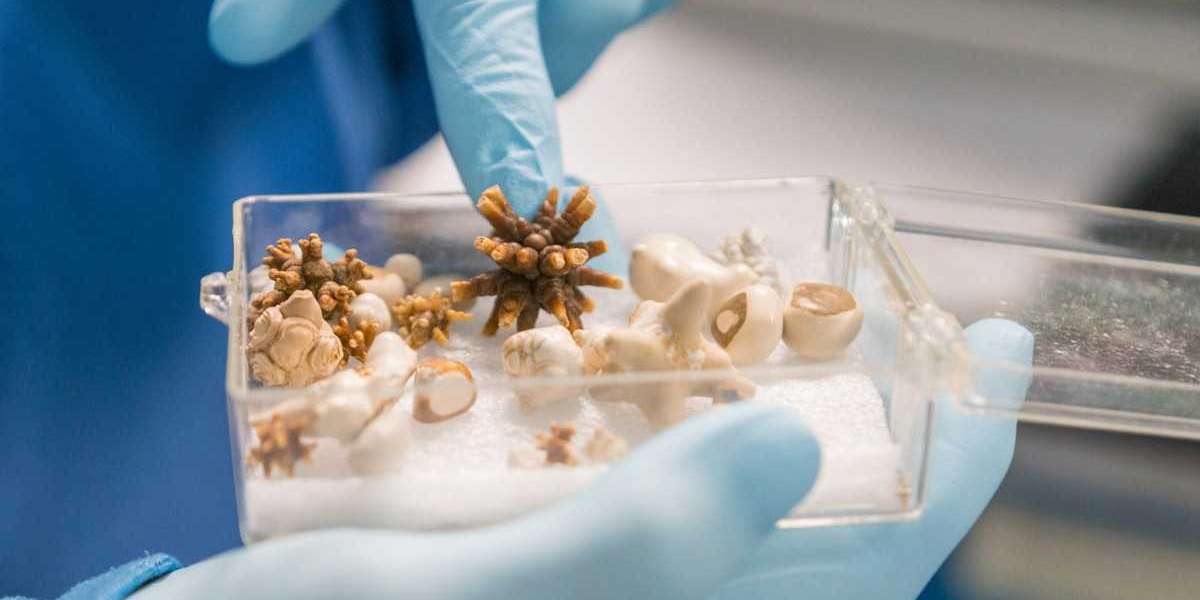Introduction:
Kidney stones can be an incredibly painful condition that affects millions of people worldwide. These small, hard deposits form in the kidneys and can cause severe discomfort as they pass through the urinary tract. Fortunately, there are various treatment options available to alleviate symptoms, promote stone passage, and prevent future occurrences. In this blog post, we will explore these treatment methods in detail, providing you with valuable insights on how to manage kidney stones effectively.
Understanding Kidney Stones: Before delving into treatment options, it's important to understand the nature of kidney stones. They are typically formed when certain substances in the urine, such as calcium, oxalate, and uric acid, become concentrated and crystallize. The size and location of the stone within the urinary tract can determine the severity of symptoms and the appropriate course of treatment for kidney stones.
Conservative Management:
- Hydration: Adequate fluid intake is crucial in managing kidney stones. Drinking plenty of water helps dilute urine and promotes the flushing out of stone-forming substances. Aim to consume at least 2-3 liters of water per day, unless otherwise advised by your healthcare professional.
- Pain Management: Over-the-counter nonsteroidal anti-inflammatory drugs (NSAIDs) like ibuprofen can help alleviate pain associated with kidney stones. However, consult your doctor before taking any medication to ensure it is safe for you.
- Medical Expulsive Therapy: In some cases, your doctor may prescribe medications that can facilitate the passage of kidney stones by relaxing the muscles in the urinary tract. These medications can increase the chances of spontaneous stone expulsion.
Procedures for Stone Removal:
- Extracorporeal Shock Wave Lithotripsy (ESWL): This non-invasive procedure uses shock waves to break down kidney stones into smaller fragments, allowing them to pass more easily through the urinary tract. ESWL is typically recommended for small- to medium-sized stones located in the kidneys or upper urinary tract.
- Ureteroscopy: In cases where the stone is lodged in the ureter or closer to the bladder, ureteroscopy may be employed. This procedure involves inserting a thin tube equipped with a camera into the ureter, allowing the surgeon to visualize the stone and remove it or break it down using laser energy.
- Percutaneous Nephrolithotomy (PCNL): PCNL is typically reserved for larger kidney stones or those that do not respond to other treatments. It involves creating a small incision in the back and using specialized instruments to remove the stone directly from the kidney.
Dietary and Lifestyle Modifications:
- Dietary Adjustments: Depending on the composition of your kidney stones, your healthcare provider may recommend specific dietary modifications. For example, reducing sodium and animal protein intake while increasing consumption of fruits and vegetables can be beneficial in preventing certain types of stones.
- Calcium and Oxalate Management: Contrary to popular belief, reducing calcium intake is not always the best approach. In fact, consuming adequate amounts of dietary calcium can help prevent oxalate absorption, reducing the risk of calcium oxalate stones. Your doctor may suggest adjusting your calcium and oxalate intake based on individual needs.
- Regular Exercise: Maintaining a healthy weight and engaging in regular physical activity can lower the risk of kidney stone formation. Exercise helps improve overall metabolic function and may reduce the concentration of stone-forming substances in the urine.
Prevention and Follow-Up:
Preventing the recurrence of kidney stones is crucial for long-term management. Your healthcare provider may recommend periodic monitoring, including urine and blood tests, to assess your risk factors and make appropriate adjustments to your treatment plan. Following a tailored prevention strategy and staying vigilant with lifestyle.
Conclusion:
Managing kidney stones effectively requires a comprehensive approach that combines medical interventions, lifestyle modifications, and preventive measures. The treatment options discussed in this blog post, such as hydration, pain management, medical expulsive therapy, and various procedures for stone removal, offer relief from symptoms and facilitate stone passage.



